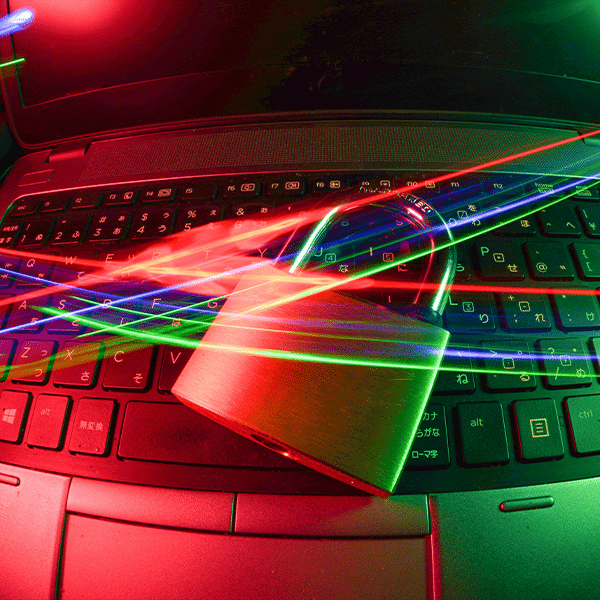Quantum technology has the ability to do either harm or good depending how it is used, as news this week about quantum key management reminds us.
Toshiba and Ciena demonstrated a quantum secure communications platform at the OFC Conference this week that previously underwent a proof of concept with JPMorgan Chase. The platform is designed to support metropolitan networks with speeds up to 800 Gbps and to protect against “harvest now, decrypt later” attacks.
Those attacks are when a bad actor steals encrypted data for decryption at a later date. Quantum computers will be more powerful than those we have today and could potentially be used for decryption.
Quantum key technology is designed to protect against “harvest now, decrypt later” attacks by establishing communications links with a higher level of security in comparison with what is available today.
In the OFC demonstration, quantum keys generated by Toshiba QKD devices were used to encrypt data for transmission using Ciena’s Waveserver 5 in a multilink environment using a Trusted Node. An additional Toshiba QKD device at the Trusted Node was used to create secure keys for the second link.
“This demonstration will show that our Quantum Key Management System (Q-KMS) enables the ability to create secure networks and to protect multiple sites and locations,” Shinya Murai, a Toshiba senior fellow, said in a prepared statement.
“In addition to this, Q-KMS performs proactive key allocation based on the QKD network capacity in real time. This enables high volume and low latency key delivery to encryption solution.”
Other companies that have been involved in quantum key development include Verizon and SpaceX.
In August 2019, Verizon said it was testing a Quantum Safe Virtual Private Network that would use quantum technology to improve data protection.
Last March, SpaceX provided connectivity for the demonstration of “quantum-resilient” cryptographic communications using cybersecurity developer QuSecure. The goal is to protect satellites and other forms of communication against current, as well as “harvest now, decrypt later,” attacks.


